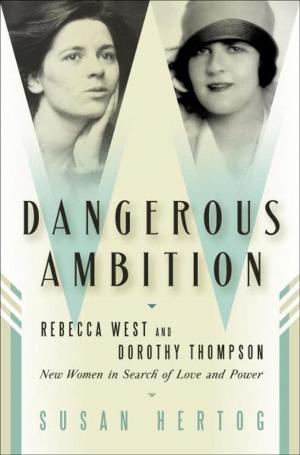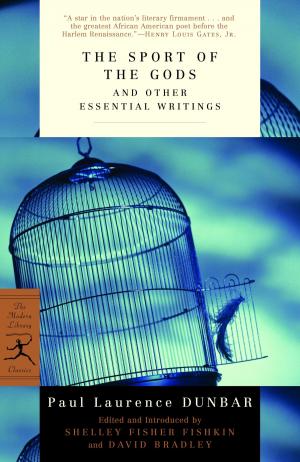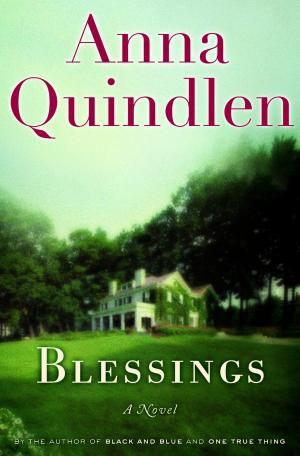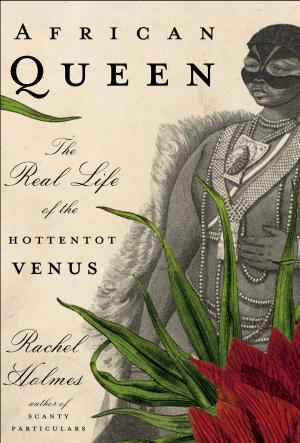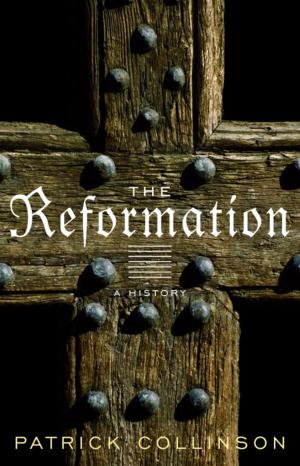| Author: | Jonathan Phillips | ISBN: | 9781588369758 |
| Publisher: | Random House Publishing Group | Publication: | March 9, 2010 |
| Imprint: | Random House | Language: | English |
| Author: | Jonathan Phillips |
| ISBN: | 9781588369758 |
| Publisher: | Random House Publishing Group |
| Publication: | March 9, 2010 |
| Imprint: | Random House |
| Language: | English |
From an internationally renowned expert, here is an accessible and utterly fascinating one-volume history of the Crusades, thrillingly told through the experiences of its many players—knights and sultans, kings and poets, Christians and Muslims. Jonathan Phillips traces the origins, expansion, decline, and conclusion of the Crusades and comments on their contemporary echoes—from the mysteries of the Templars to the grim reality of al-Qaeda. Holy Warriors puts the past in a new perspective and brilliantly sheds light on the origins of today’s wars.
Starting with Pope Urban II’s emotive, groundbreaking speech in November 1095, in which he called for the recovery of Jerusalem from Islam by the First Crusade, Phillips traces the centuries-long conflict between two of the world’s great faiths. Using songs, sermons, narratives, and letters of the period, he reveals how the success of the First Crusade inspired generations of kings to campaign for their own vainglory and set down a marker for the knights of Europe, men who increasingly blurred the boundaries between chivalry and crusading. In the Muslim world, early attempts to call a jihad fell upon deaf ears until the charisma of the Sultan Saladin brought the struggle to a climax. Yet the story that emerges has other dimensions—as never before, Phillips incorporates the holy wars within the story of medieval Christendom and Islam and shines new light on many truces, alliances, and diplomatic efforts that have been forgotten over the centuries.
Holy Warriors also discusses how the term “crusade” survived into the modern era and how its redefinition through romantic literature and the drive for colonial empires during the nineteenth century gave it an energy and a resonance that persisted down to the alliance between Franco and the Church during the Spanish Civil War and right up to George W. Bush’s pious “war on terror.”
Elegantly written, compulsively readable, and full of stunning new portraits of unforgettable real-life figures—from Richard the Lionhearted to Melisende, the formidable crusader queen of Jerusalem—Holy Warriors is a must-read for anyone interested in medieval Europe, as well as for those seeking to understand the history of religious conflict.
From an internationally renowned expert, here is an accessible and utterly fascinating one-volume history of the Crusades, thrillingly told through the experiences of its many players—knights and sultans, kings and poets, Christians and Muslims. Jonathan Phillips traces the origins, expansion, decline, and conclusion of the Crusades and comments on their contemporary echoes—from the mysteries of the Templars to the grim reality of al-Qaeda. Holy Warriors puts the past in a new perspective and brilliantly sheds light on the origins of today’s wars.
Starting with Pope Urban II’s emotive, groundbreaking speech in November 1095, in which he called for the recovery of Jerusalem from Islam by the First Crusade, Phillips traces the centuries-long conflict between two of the world’s great faiths. Using songs, sermons, narratives, and letters of the period, he reveals how the success of the First Crusade inspired generations of kings to campaign for their own vainglory and set down a marker for the knights of Europe, men who increasingly blurred the boundaries between chivalry and crusading. In the Muslim world, early attempts to call a jihad fell upon deaf ears until the charisma of the Sultan Saladin brought the struggle to a climax. Yet the story that emerges has other dimensions—as never before, Phillips incorporates the holy wars within the story of medieval Christendom and Islam and shines new light on many truces, alliances, and diplomatic efforts that have been forgotten over the centuries.
Holy Warriors also discusses how the term “crusade” survived into the modern era and how its redefinition through romantic literature and the drive for colonial empires during the nineteenth century gave it an energy and a resonance that persisted down to the alliance between Franco and the Church during the Spanish Civil War and right up to George W. Bush’s pious “war on terror.”
Elegantly written, compulsively readable, and full of stunning new portraits of unforgettable real-life figures—from Richard the Lionhearted to Melisende, the formidable crusader queen of Jerusalem—Holy Warriors is a must-read for anyone interested in medieval Europe, as well as for those seeking to understand the history of religious conflict.

